One's religion is whatever he is most interested in
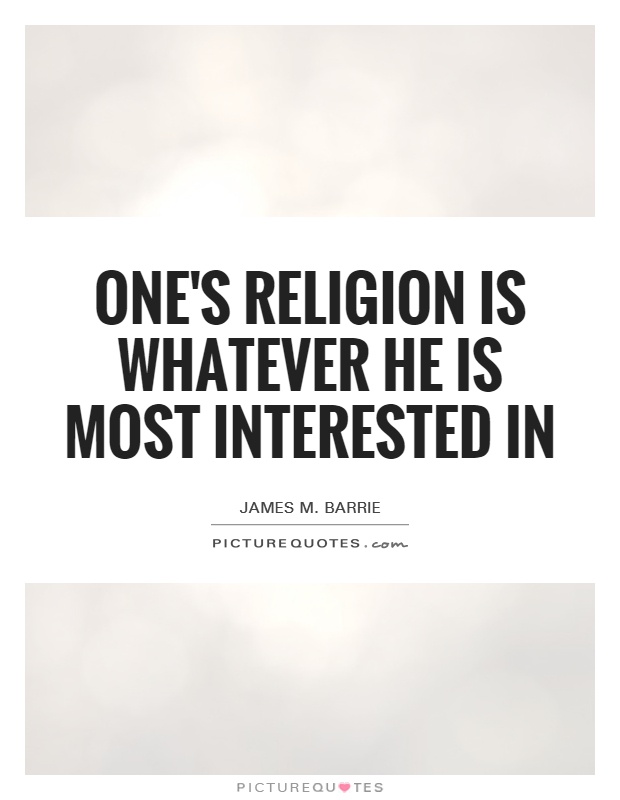
One's religion is whatever he is most interested in
James M. Barrie, the renowned Scottish author best known for creating the beloved character Peter Pan, had a complex relationship with religion throughout his life. Born into a devoutly religious family, Barrie was raised in the Free Church of Scotland, a strict Presbyterian denomination. However, as he grew older, Barrie's views on religion began to evolve, leading him to question the beliefs and practices of his upbringing.In his famous quote, "One's religion is whatever he is most interested in," Barrie seems to suggest that a person's true beliefs and values are reflected in the things that they are most passionate about. For Barrie, this could mean that his religion was not necessarily tied to a specific set of doctrines or rituals, but rather to the themes and ideas that he explored in his writing.
Throughout his works, Barrie often grappled with questions of faith, morality, and the nature of existence. In Peter Pan, for example, he delves into the concept of eternal youth and the idea of never growing old, which can be seen as a metaphor for the timeless nature of the soul. Similarly, in his play The Admirable Crichton, Barrie explores themes of class, power, and social hierarchy, raising questions about the nature of human relationships and the role of individuals within society.
Barrie's interest in these profound and existential themes suggests that, for him, religion was not simply a matter of attending church or following a set of rules, but rather a deeply personal and introspective journey of self-discovery. By immersing himself in the worlds of his imagination and exploring the complexities of human nature, Barrie was able to grapple with the big questions of life and find meaning and purpose in his own unique way.
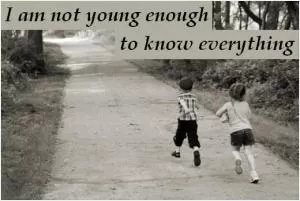


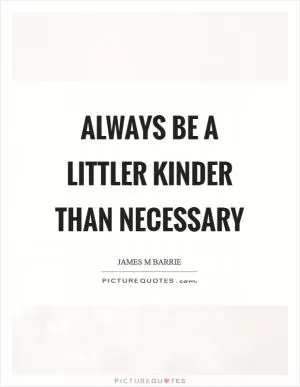
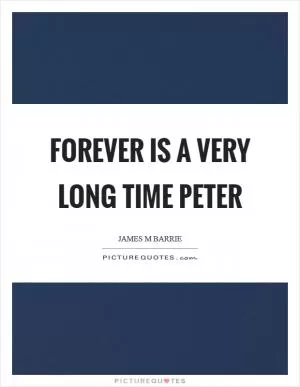

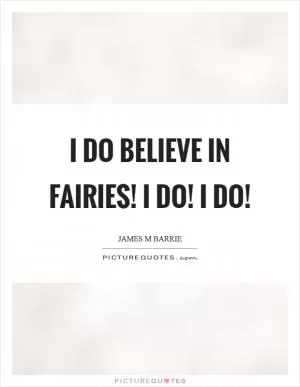

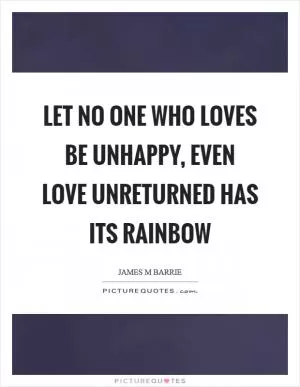


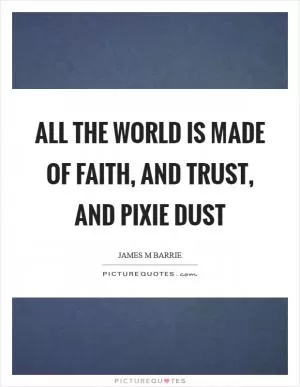
 Friendship Quotes
Friendship Quotes Love Quotes
Love Quotes Life Quotes
Life Quotes Funny Quotes
Funny Quotes Motivational Quotes
Motivational Quotes Inspirational Quotes
Inspirational Quotes